Publications
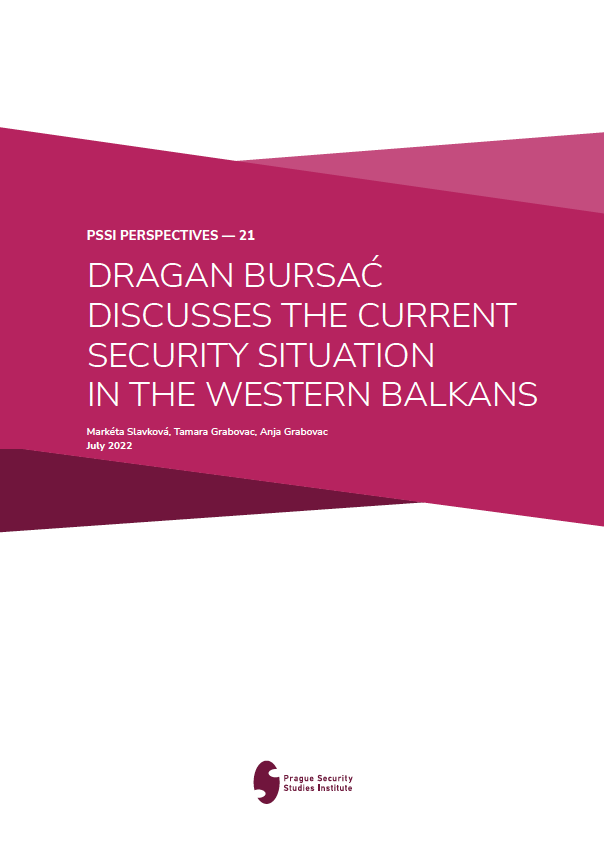
Information Resilience Program // Markéta Slavková, Tamara Grabovac, Anja Grabovac / 22 Jul 2022
PSSI Perspective #21: Dragan Bursać Discusses the Current Security Situation in the Western Balkans
An interview with a renowned Bosnian journalist and professor of philosophy from Banja Luka, who visited Prague this May and shared his views on the latest security issues in the region.
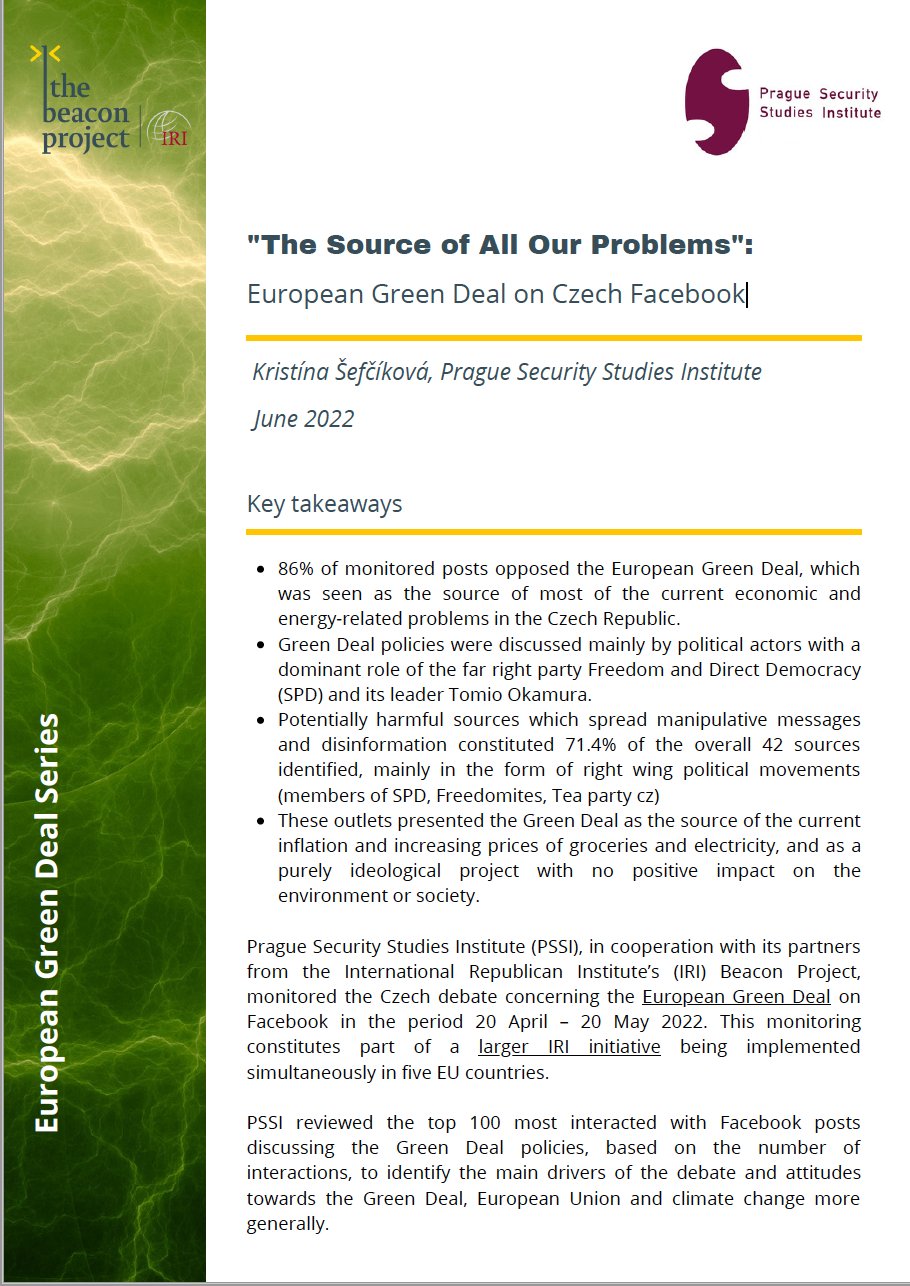
Information Resilience Program // Kristína Šefčíková / 18 Jul 2022
European Green Deal on Czech Facebook June 2022
The Prague Security Studies Institute (PSSI), in cooperation with partners from International Republican Institute’s Beacon Project, is monitoring the public debate about the European Green Deal in the Czech online space in the upcoming months. The monitoring covers political messaging about the Green Deal and its penetration of outlets such as news websites and Facebook groups. It will be complemented by regular analysis of the strategic communication of state institutions and stakeholders with green agenda and their efforts to counter Green Deal related disinformation and manipulative narratives.
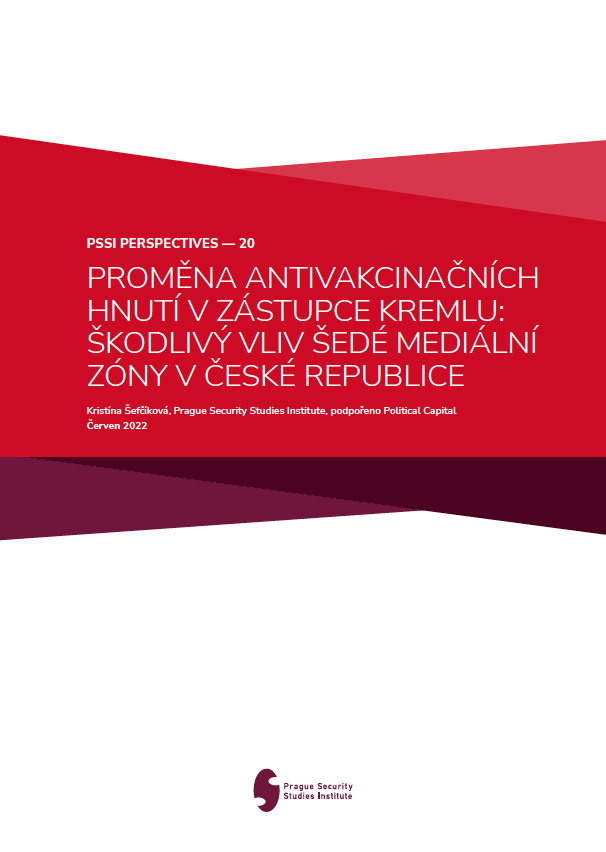
Information Resilience Program // Kristína Šefčíková, / 7 Jun 2022
PSSI Perspectives #20 - Proměna antivakcinačních hnutí v zástupce Kremlu
Na mediální scéně střední a východní Evropy působí tzv. „šedá zóna“, která se snaží ovlivnit veřejný názor a předvolební politické kampaně prostřednictvím jednostranné, někdy až extremistické, politické komunikace. Tato komunikace je často jen zdánlivě nezávislá nebo anonymní, ve skutečnosti ale využívá prostředky konspiračních teorií a ignoruje standardy etického žurnalismu.
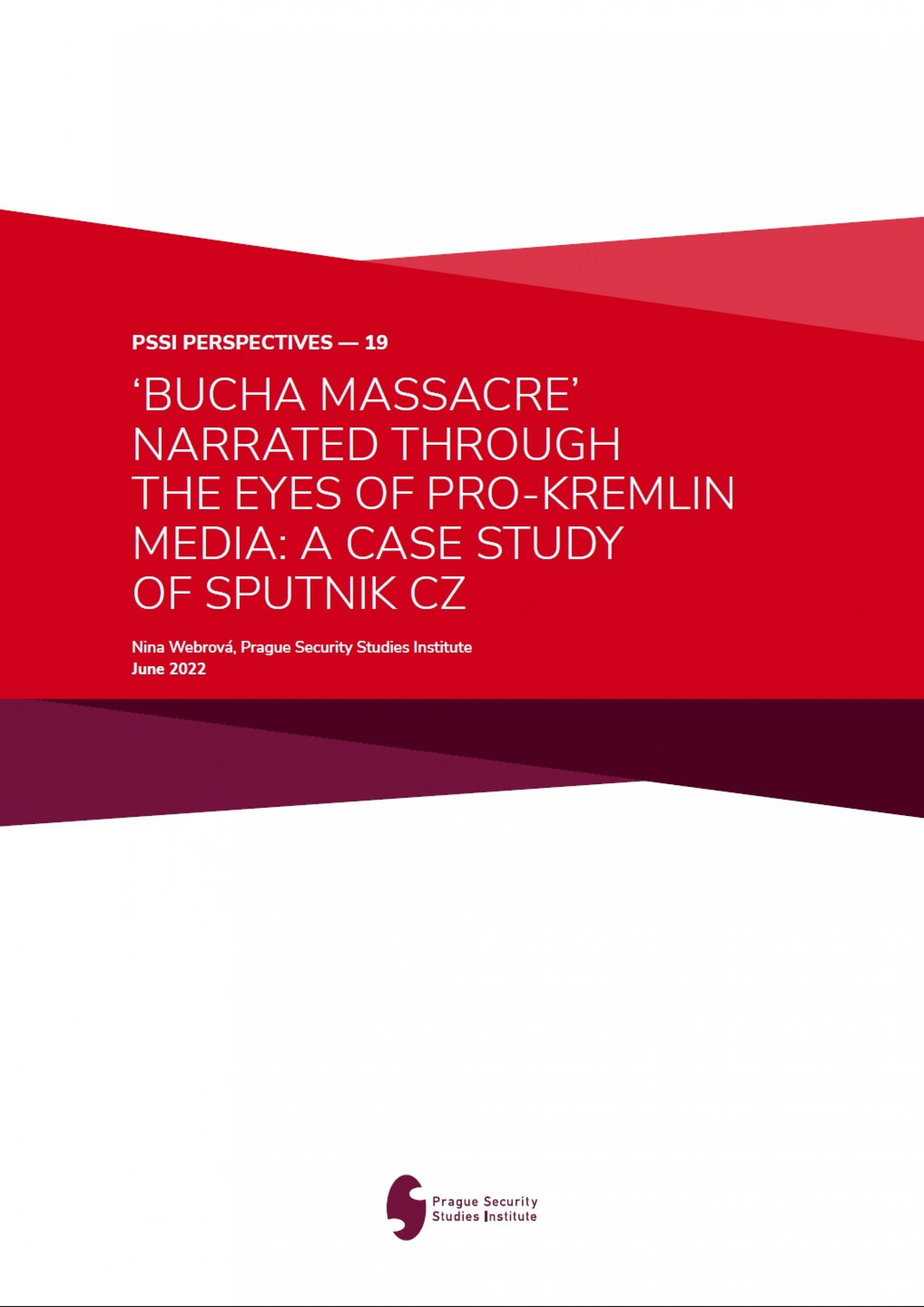
Information Resilience Program // Nina Webrová / 3 Jun 2022
PSSI Perspective #19 - Bucha Massacre Narrated Through the Eyes of Pro-Kremlin Media: A Case Study of Sputnik CZ
As part of a project on ‘New Propaganda and Disinformation Challenges for Visegrad/EaP states in the Changing Environment’, Prague Security Studies Institute’s (PSSI) researchers monitored Sputnik’s section on ‘Demilitarization and Denazification of Ukraine’. The focus was specifically on articles reporting on the ‘Bucha Massacre’ in order to illustrate how Russian state-owned media report the atrocities committed by the Russian Federation’s army.
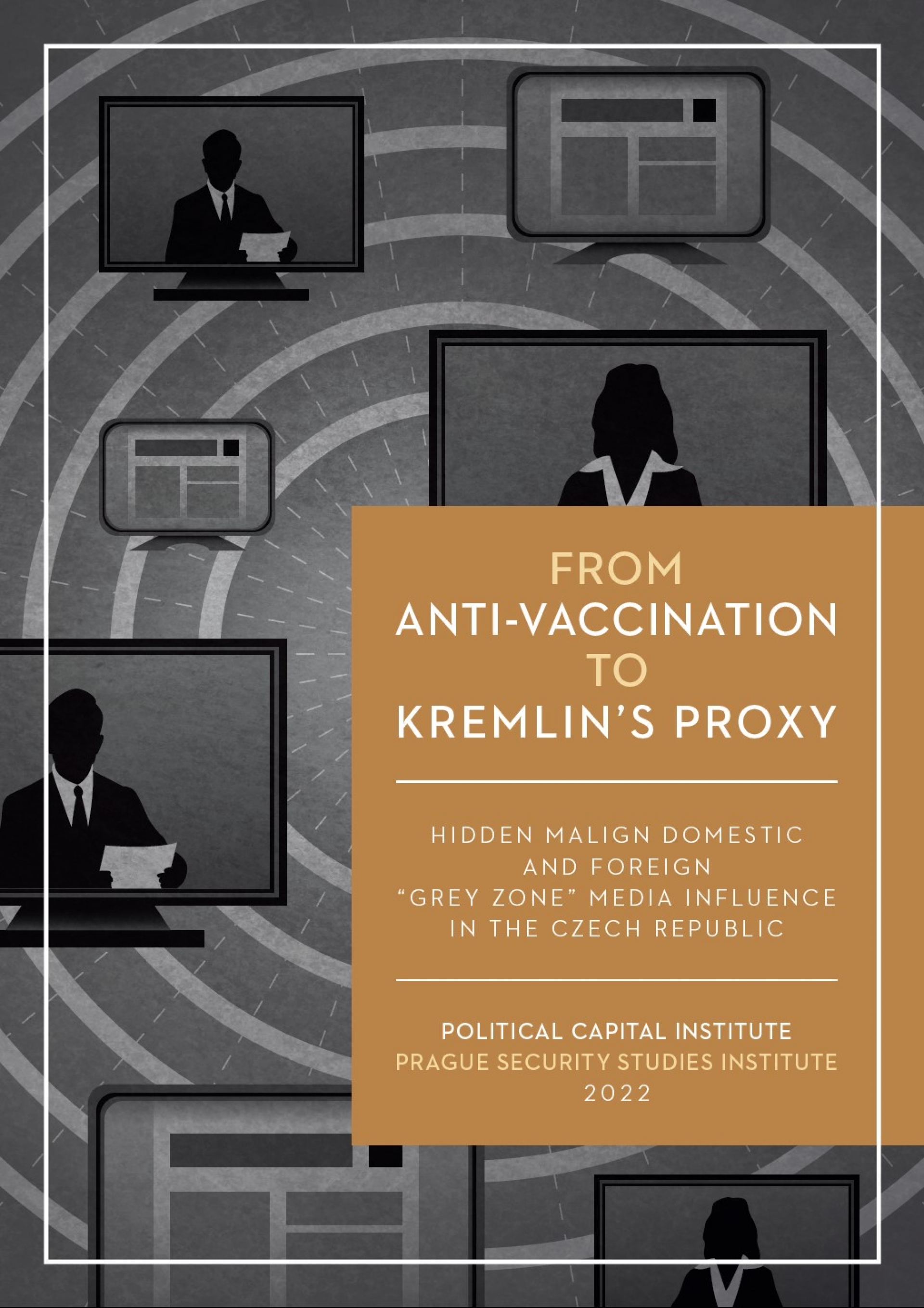
Information Resilience Program // Political Capital Institute, Prague Security Studies Institute / 27 May 2022
From Anti-Vaccination to Kremlin's Proxy
In Central-Eastern Europe, a so-called “grey zone” has emerged in the media, which tries to influence public opinion and pre-election political campaigns through hyper-partisan and sometimes even extremist – often anonymous or only seemingly “independent” – political communication, utilising conspiracy theories and ignoring the standards of ethical journalism. Our media research in the Czech Republic has, therefore, looked at the Czech political campaign communication between 1 September and 31 October 2021 to map and reveal the Czech “grey zone” media ecosystem, its role in the “dirty campaign,” and the war-related rhetoric later in 2022.
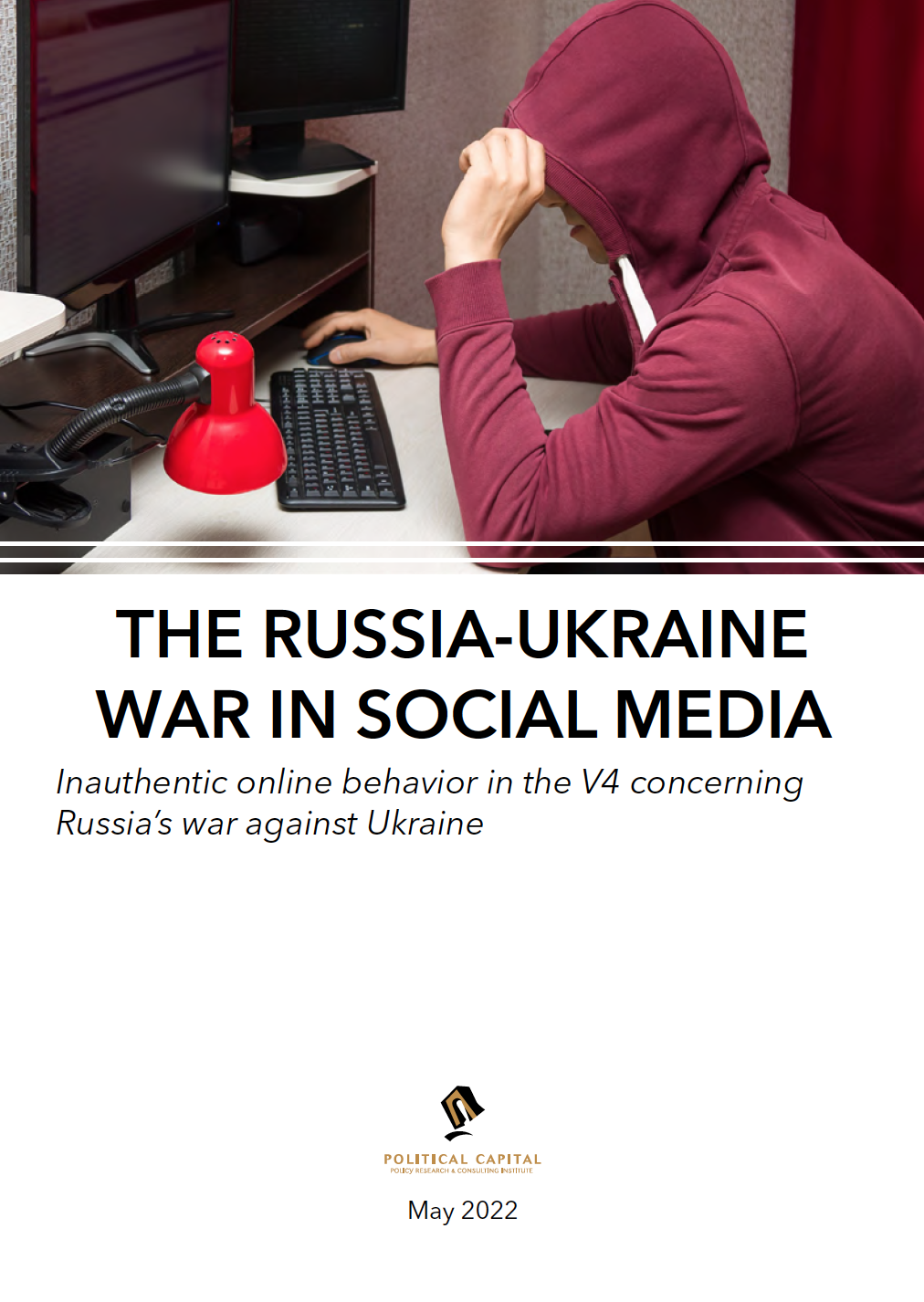
Information Resilience Program // Kristína Šefčíková, Nina Webrová / 6 May 2022
The Russia-Ukraine War in Social Media: Inauthentic online behavior in the V4 concerning Russia’s war against Ukraine
PSSI, in cooperation with Political Capital, researched the prevalence and effects of inauthentic online behavior concerning Russia’s war in Ukraine between 21 February and 31 March.
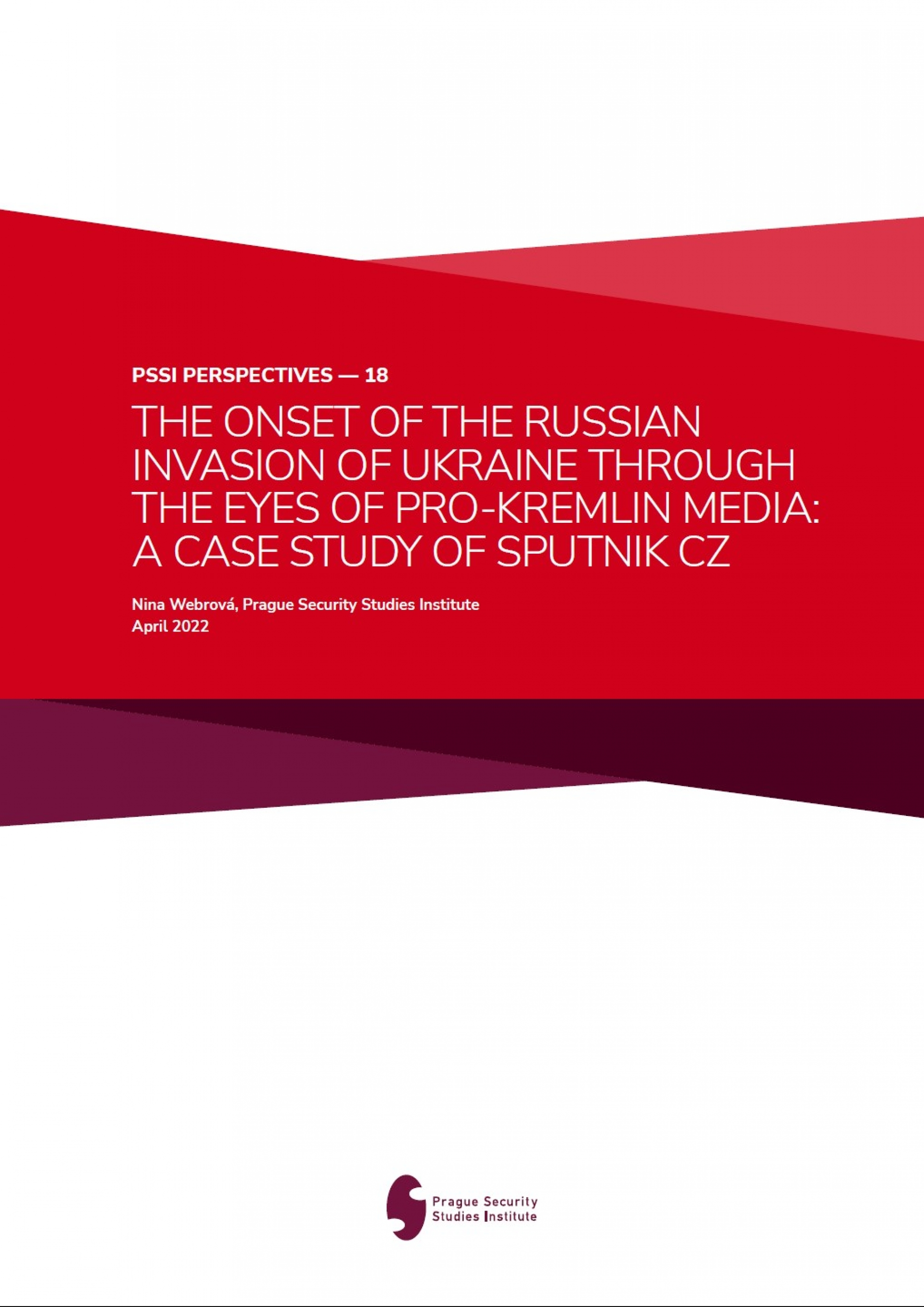
Information Resilience Program // Nina Webrová / 22 Apr 2022
PSSI Perspective #18 - The Onset of the Russian Invasion of Ukraine Through the Eyes of Pro-Kremlin Media: A Case Study of Sputnik CZ
The onset of the Russian invasion of Ukraine was widely medialized by both mainstream as well as alternative media channels, including websites spreading disinformation. Following the start of the Russian aggression, many unprecedented steps have been taken to fight the spread of disinformation, which has become a top concern for policy decision-makers as well as the public. Therefore, PSSI has analyzed the onset of the Russian invasion of Ukraine through the eyes of one of the most well-known pro-Kremlin media in the Czech Republic: Sputnik CZ.
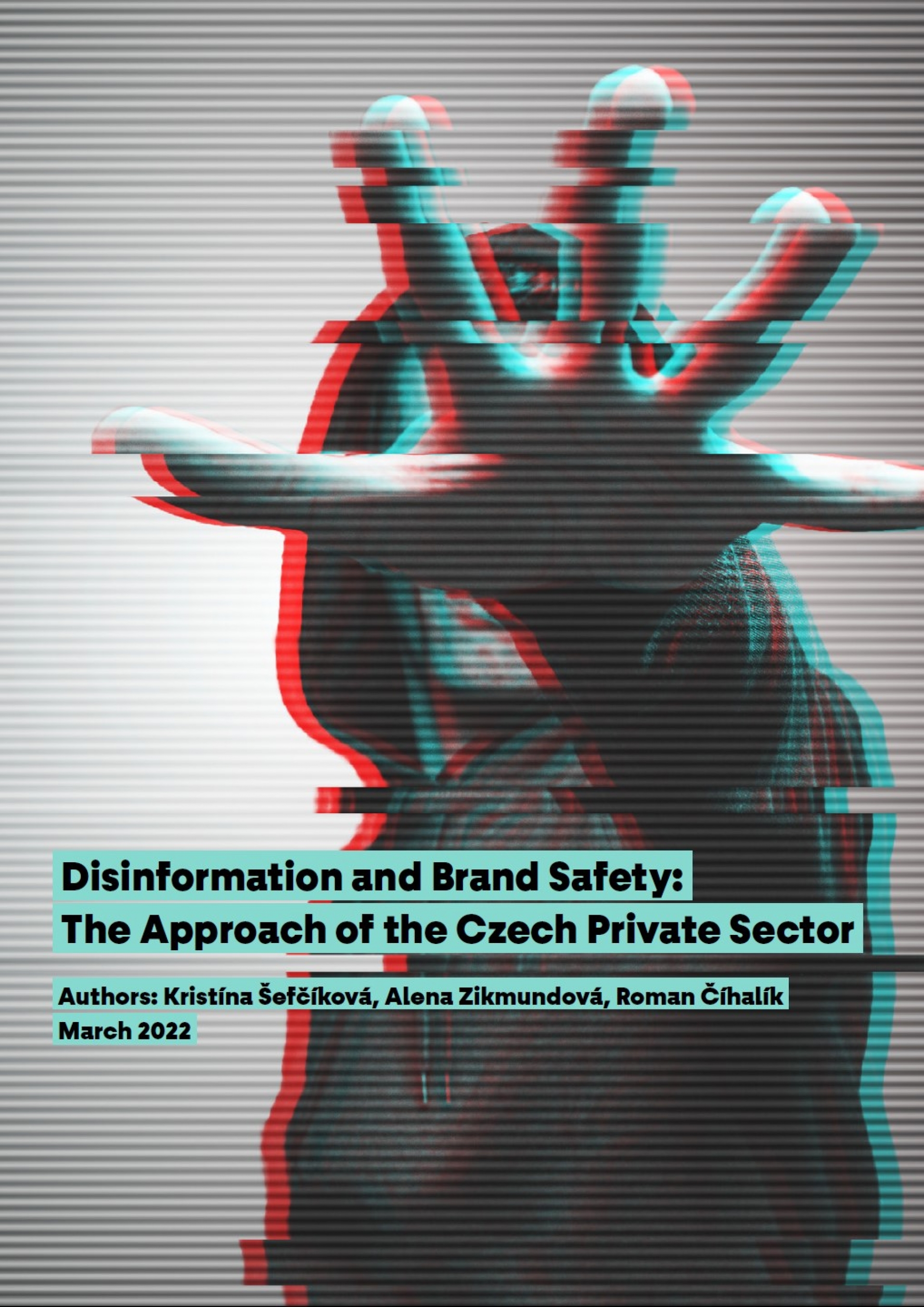
Information Resilience Program // Kristína Šefčíková, Alena Zikmundová, Roman Číhalík / 31 Mar 2022
Disinformation and Brand Safety: The Approach of the Czech Private Sector
Most private companies are not aware of the role advertising revenue plays in the continuing activity of websites spreading disinformation. Moreover, many brands advertise their products on disinformation sites through programmatic purchases and online auctions without knowing about it or they are not aware that they can influence where their advertising appears in the online space.
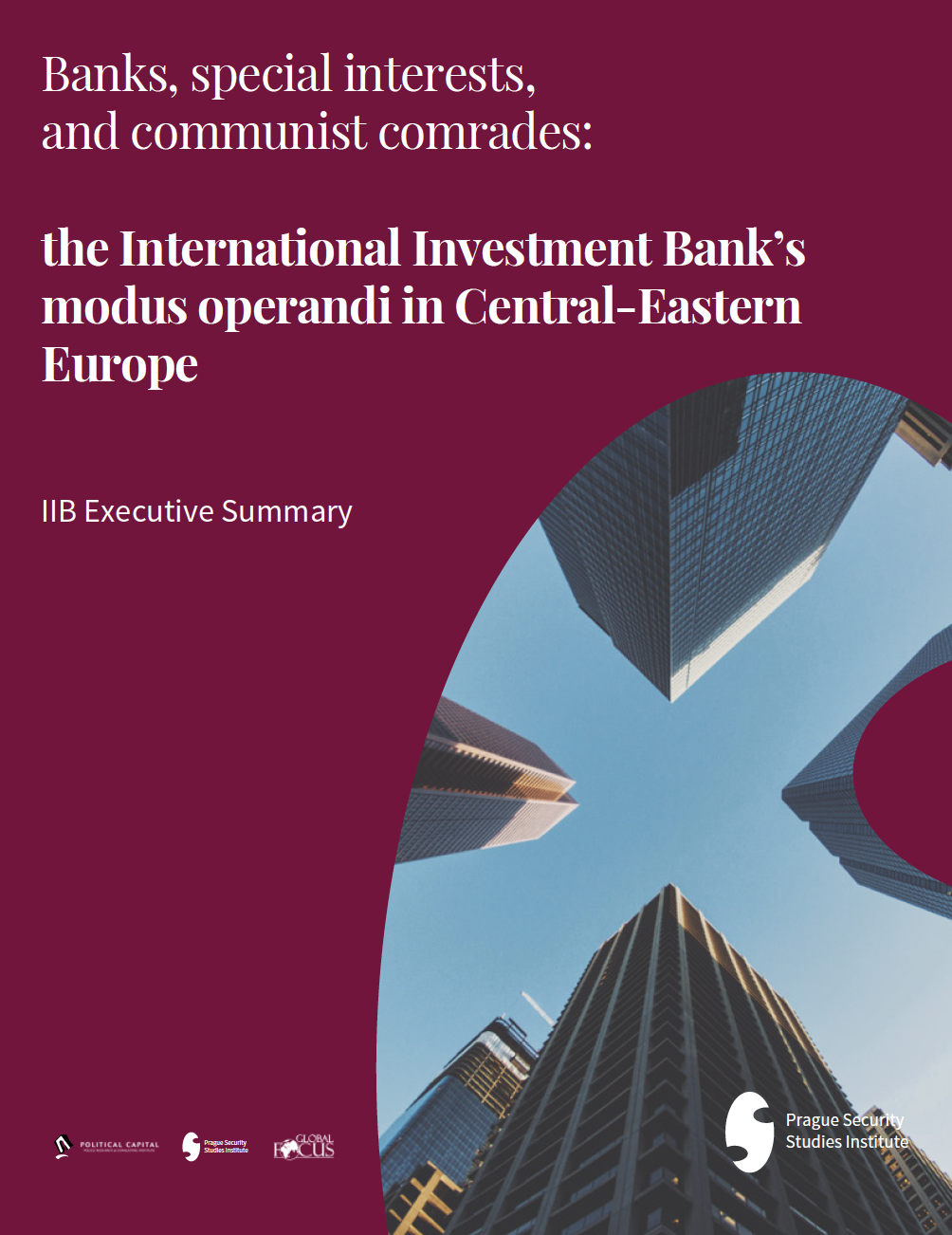
Economic & Financial Statecraft Program // / 14 Mar 2022
Banks, Special Interests, and Communist Comrades: the International Investment Bank’s Modus Operandi in Central-Eastern Europe
This analysis of the IIB’s economic and political activity in the Czech Republic, Slovakia, Romania, and Hungary revealed some of the Kremlin’s top priorities for the bank aimed at projecting power from within the EU to the Balkans, the Eurasian Economic Union and the global stage.
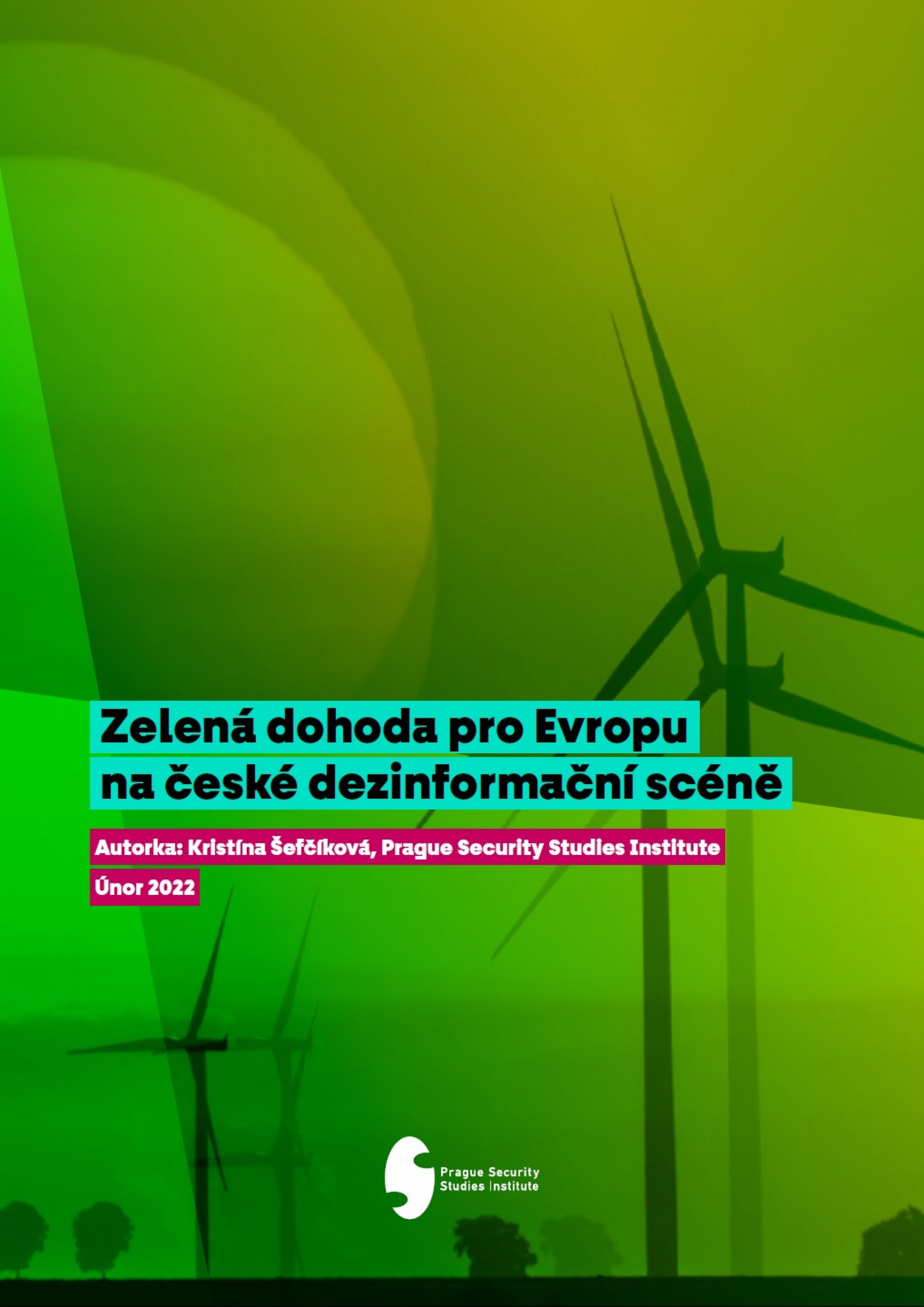
Information Resilience Program // Kristína Šefčíková / 24 Feb 2022
Zelená dohoda pro Evropu na české dezinformační scéně
Zelená dohoda pro Evropu se stává významným tématem na české dezinformační scéně jako jedna z linií kritiky Evropské unie. Výzkumníci PSSI monitorovali weby známé šířením dezinformací a způsob, jakým přistupovaly k tématu Zelené dohody a klimatické změny před českými parlamentními volbami 2021 a jaké změny nastaly v jejich přístupu po volbách.